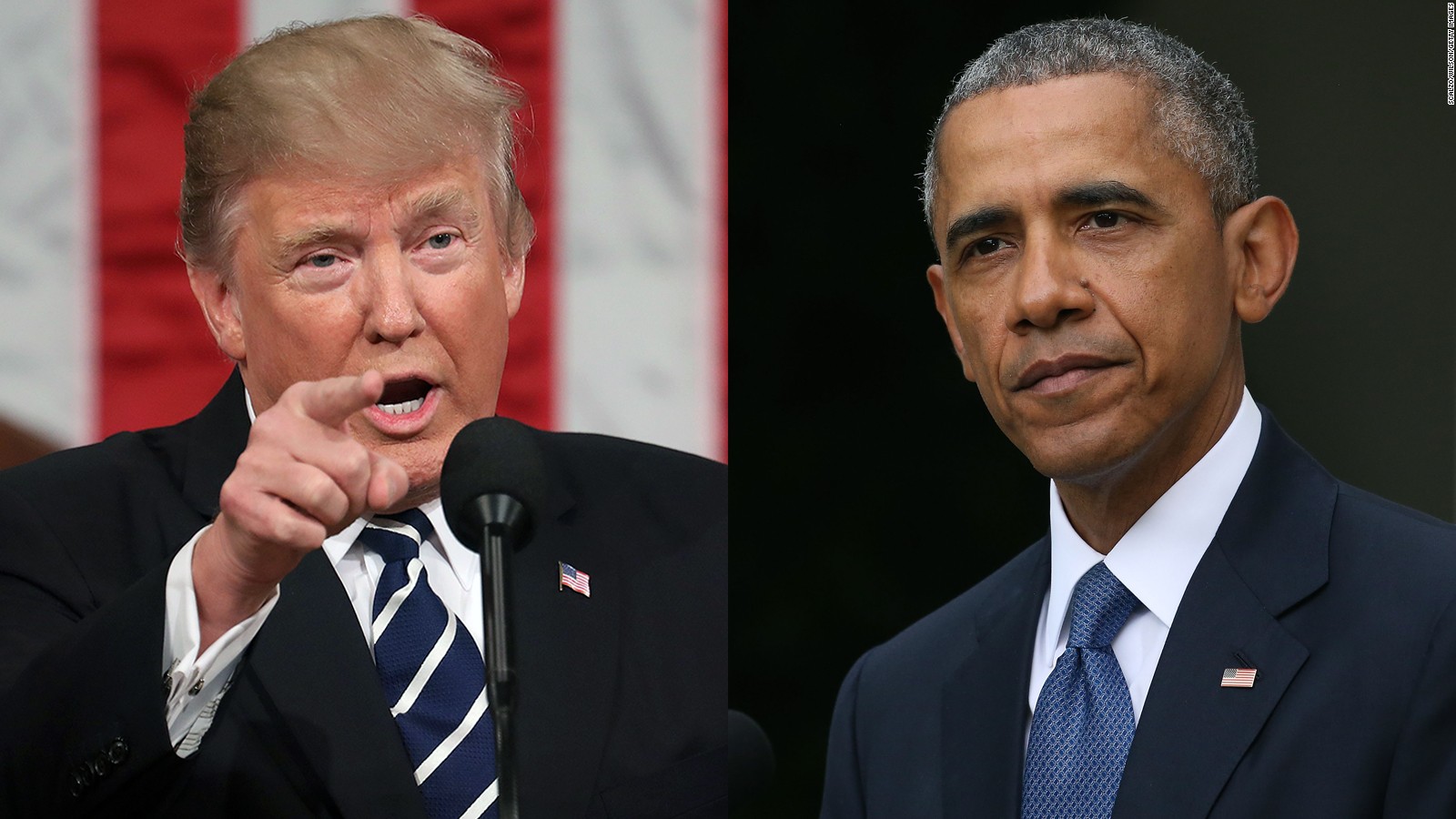The news coming just minutes ago that the Trump administration has issued new regulations, through the Health and Human Services Department, that would widen the option for more employers to exempt themselves from the mandated contraception coverage of the Affordable Care Act. This provision of the law has been hotly debated and spawned several court cases as religious organizations and companies sought exemption from covering birth control in health insurance for employees because it stands against their religious beliefs.
The Washington Post reports on the change:
The Trump administration issued a rule Friday that sharply limits the Affordable Care Act’s contraception coverage mandate, a move that could mean many American women would no longer have access to birth control free of charge.
The new regulation, issued by the Health and Human Services Department, allows a much broader group of employers and insurers to exempt themselves from covering contraceptives such as birth control pills on religious or moral grounds. The decision, anticipated from the Trump administration for months, is the latest twist in a seesawing legal and ideological fight that has surrounded this aspect of the 2010 health-care law nearly from the start.
Several religious groups, which battled the Obama administration for years over the controversial requirement, welcomed the action.
Women’s rights organizations and some medical professionals portrayed it as a blow to women’s health, warning that it could lead to a higher number of unintended pregnancies.
The provision had been the subject of several lawsuits back to 2014, with an eventual ruling that the mandate was illegal to impose on “closely held corporations” that cited a religious reason for opposing the mandate:
In the past several years, lawsuits have been filed by nuns, Catholic charities, hospitals and universities. Even now, litigation remains in several federal appeals courts.
One challenge was heard by the Supreme Court, and the justices ruled in 2014 that it was illegal to impose the mandate on “closely held corporations” such as Hobby Lobby, the craft store chain. Its Christian owners had objected to the idea of paying for several kinds of the birth control that must be covered.
As the Post notes, the move will draw praise from religious groups, and scorn from organizations which view this as a women’s rights issue. Here are some reactions from those opposed to the move:
This administration just rolled back birth control coverage for American women. In 2017. https://t.co/aLZLrpFOCg
— Kamala Harris (@KamalaHarris) October 6, 2017
BREAKING: The Trump admin just issued a rule rolling back birth control coverage for 62.4 MILLION women. #HandsOffMyBC pic.twitter.com/Ypjvg803Ro
— NARAL (@NARAL) October 6, 2017
Women shouldn’t live in fear that a boss may cut their contraceptive coverage. This is a frightening reversal of progress for our country. https://t.co/xGGIFCcd6d
— Tim Kaine (@timkaine) October 6, 2017
With this new change by the Trump administration, and the Affordable Care Act still the law of the land, we’re likely headed back to court over the issue:
The new rule is almost certain to spark fresh litigation. The National Women’s Law Center — which estimates that in 2013 alone, the contraception requirement saved women $1.4 billion in oral contraceptive costs — has vowed to challenge the Trump administration in court. It plans to argue that the new policy amounts to sex discrimination, since it will disproportionately affect women. It also plans to allege religious discrimination, arguing that it will allow employers to impose their religious beliefs on employees.
Axios news reports that the new exemptions are broad:
Key points: These are broad exemptions.
-Allowing exemptions based on a “moral” objection is a big step. Previous exemptions and carve-outs were limited to employers’ religious beliefs.
-When the Supreme Court ruled that Hobby Lobby should be able to get an exemption from the mandate, it limited its decision to companies that are closely controlled by a few people. Hobby Lobby, for example, already closed on Sundays and otherwise reflected the faith of its owners. These new rules will allow any company to seek an exemption.
The change from a “religious” objection to a “moral” objection is what will send this issues back to the courtroom. Judges will be tasked with deciding whether a “moral objection” can hold as much weight as a “religious objection.” I wouldn’t be surprised if a Federal judge puts a stay on this new regulation while the matter is litigated.
Donate Now to Support Election Central
- Help defend independent journalism
- Directly support this website and our efforts
